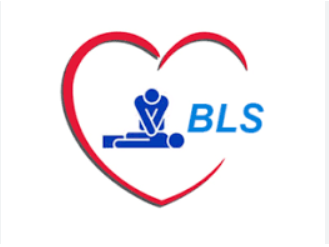Someone Collapses in front of you. Would you know enough to save their life?
Have you ever come across a collapsed person? Or actually seen them fall?
Can you assess their well-being and work out what's wrong fast enough to save them?
Can you locate a pulse?
Assess breathing?
Colour?
Do you know the most likely reasons people fall over unconscious?
Do you know what to do immediately?
Or what to do next?
Being able to answer these questions in a timely manner - not necessarily 100% accurately - could save that person's life.
And it might even save others' lives too.
Let me know your thoughts, and I'll be back later to chat.
* There is no right or wrong here (necessarily) because it is a learning exercise.
There is no one at risk on a forum where we can learn to help one another.
Getting the knowledge BEFORE it is needed, to intervene safely to save a life, is the most loving thing we can do to serve others.
DISCLAIMER: I have been a Reg Nurse for 40 yrs - still registered, but will probably retire fully this year. Life-Saving First Aid is constantly improving. Since I did my last annual update, there are probably things that have changed.
My nursing experience is ED, Cardiac Care, Intensive care, Midwifery, Rural and Remote, General Medical and Surgical, Aged Care.
I don't know it all and never will. And would appreciate anyone offering to correct me.
Purpose here is to build awareness, and dispel hopelessness. There is always something we can do, whether ultimately successful or not. But you will know that your intervention was your best shot, and the best you could do for your patient.
If faced with anything we may discuss here, please make sure you can debrief ASAP.
This very important for you too.
Last edited:







